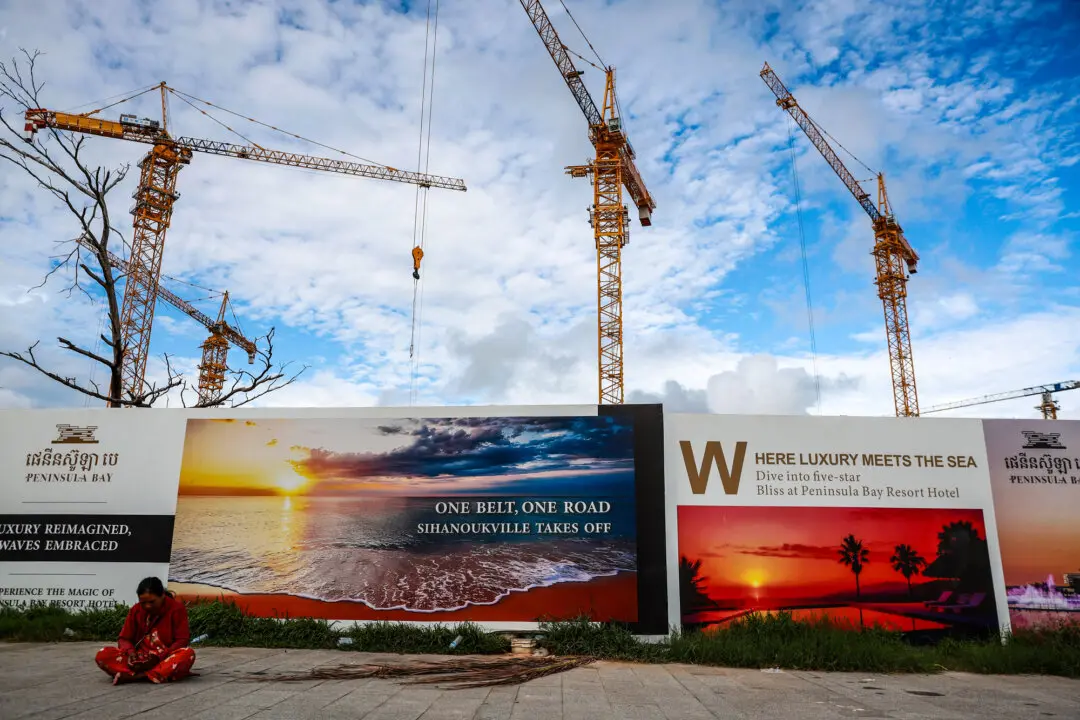Commentary
On May 1, the Editorial Board of The Washington Post finally, at first glance, somewhat-kind-of recognized a military threat emanating from Beijing. The Board cooly noted a “series of incremental escalations by Chinese forces in the Taiwan Strait and South China Sea,” that are “substantially advancing a strategy for establishing its dominance in East Asia and forcing Taiwan’s surrender.”





